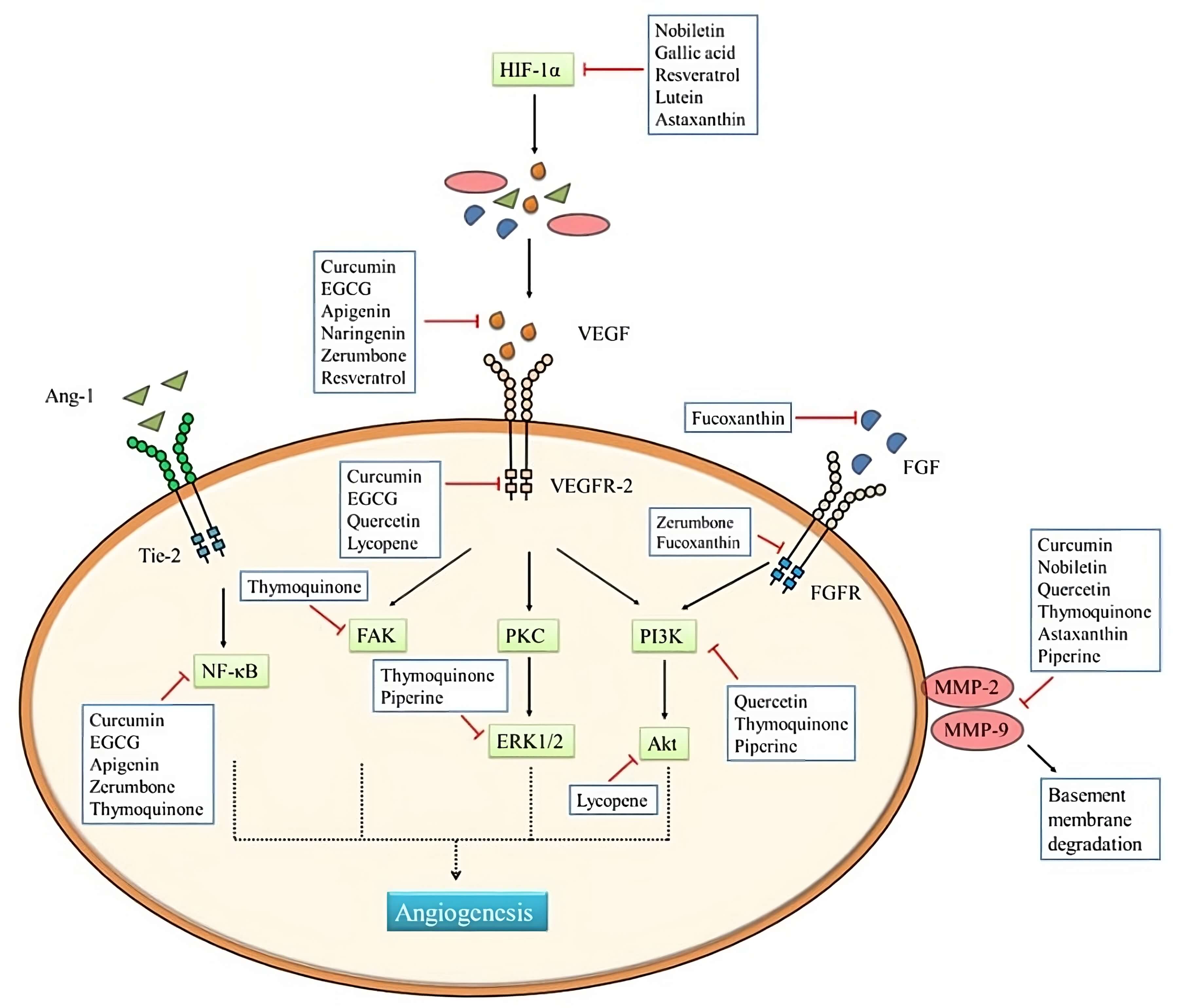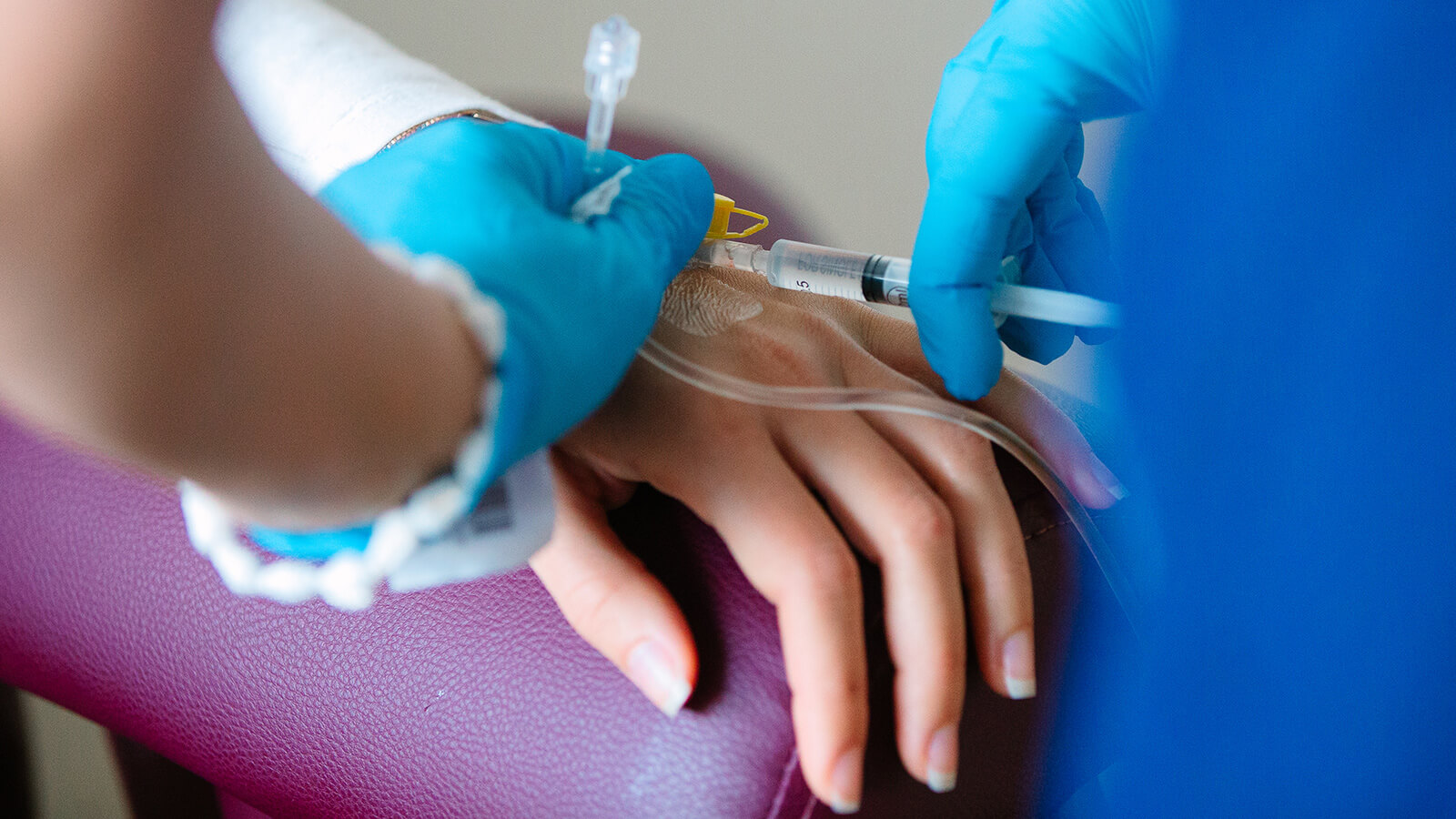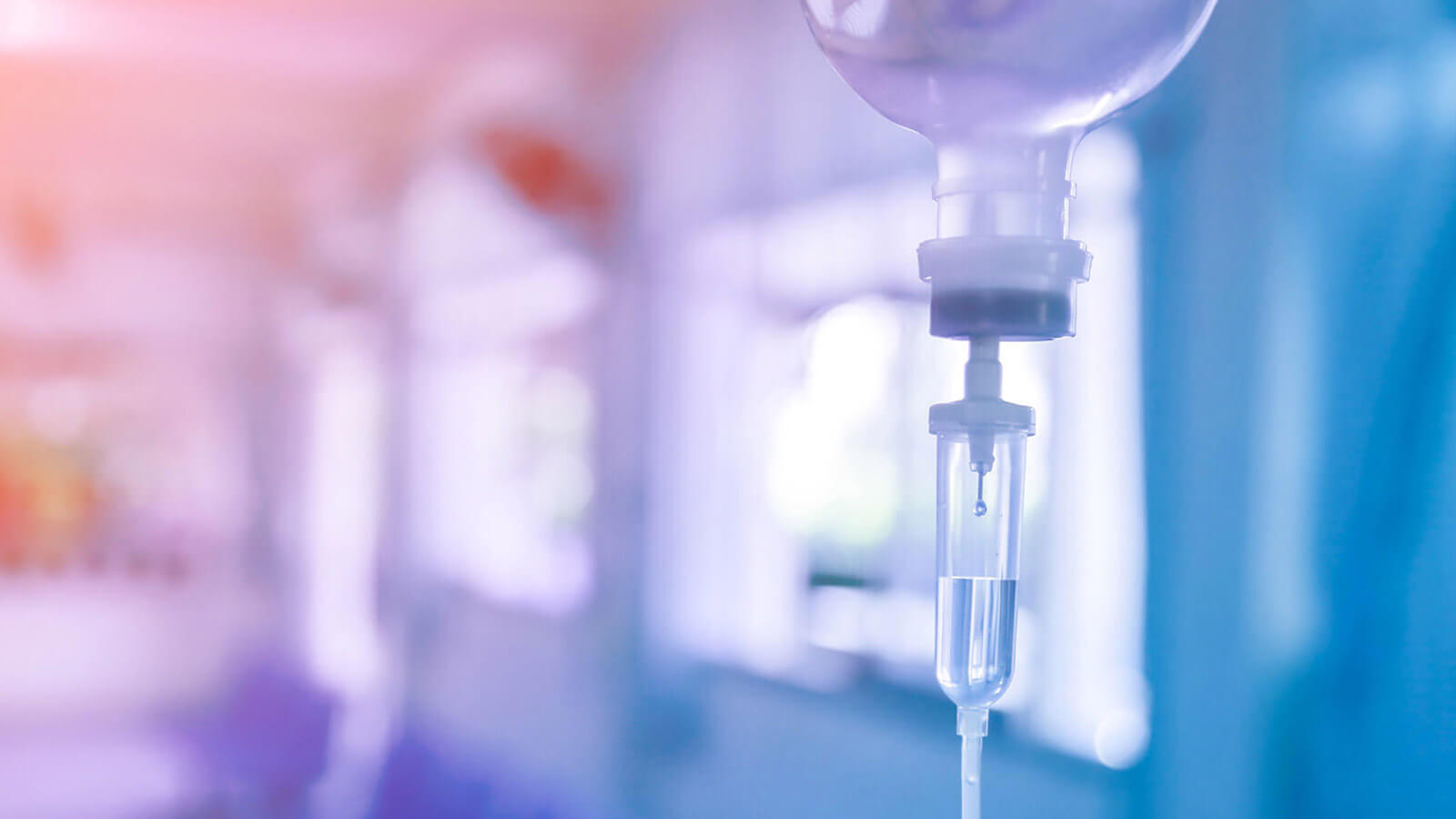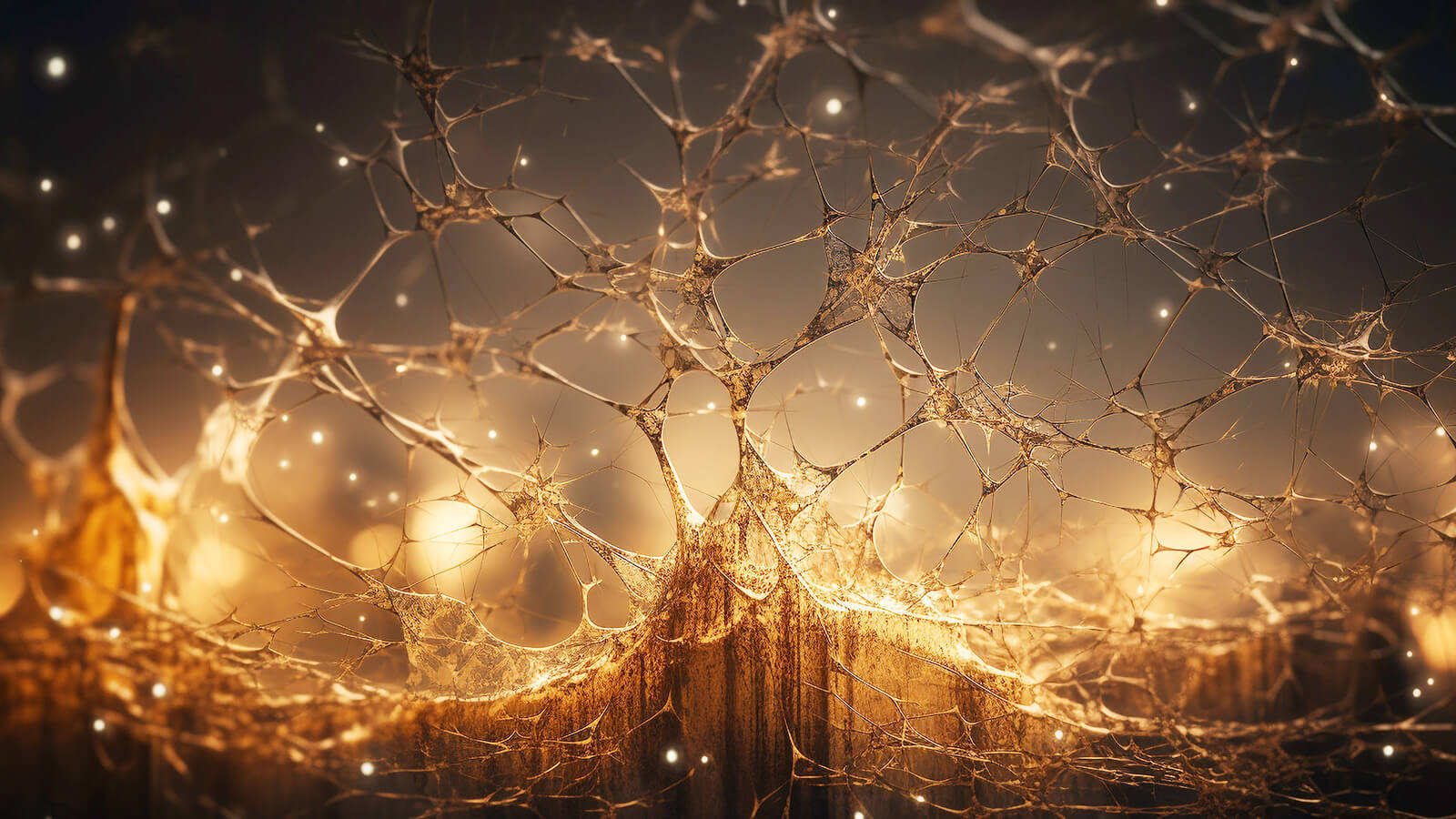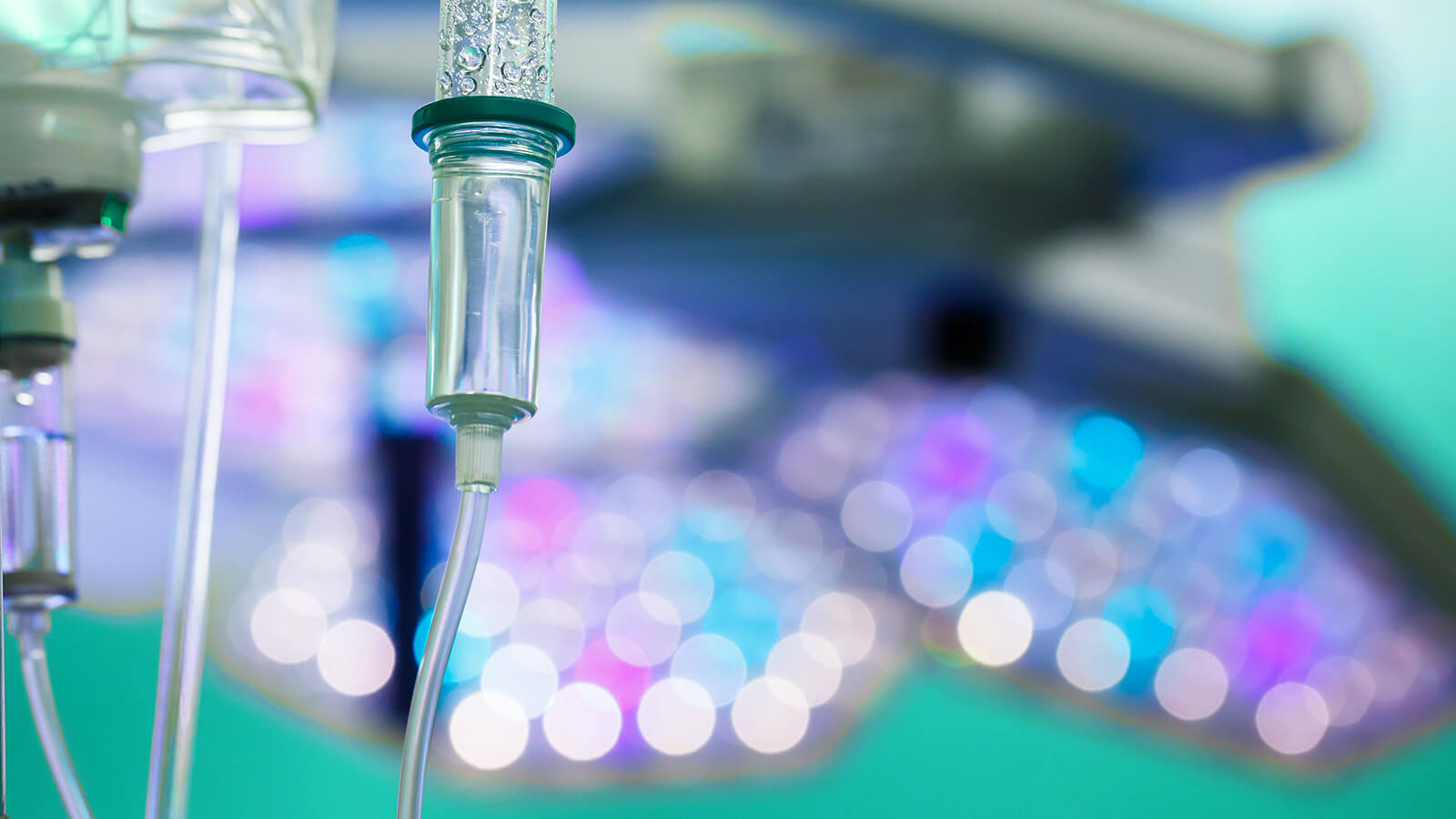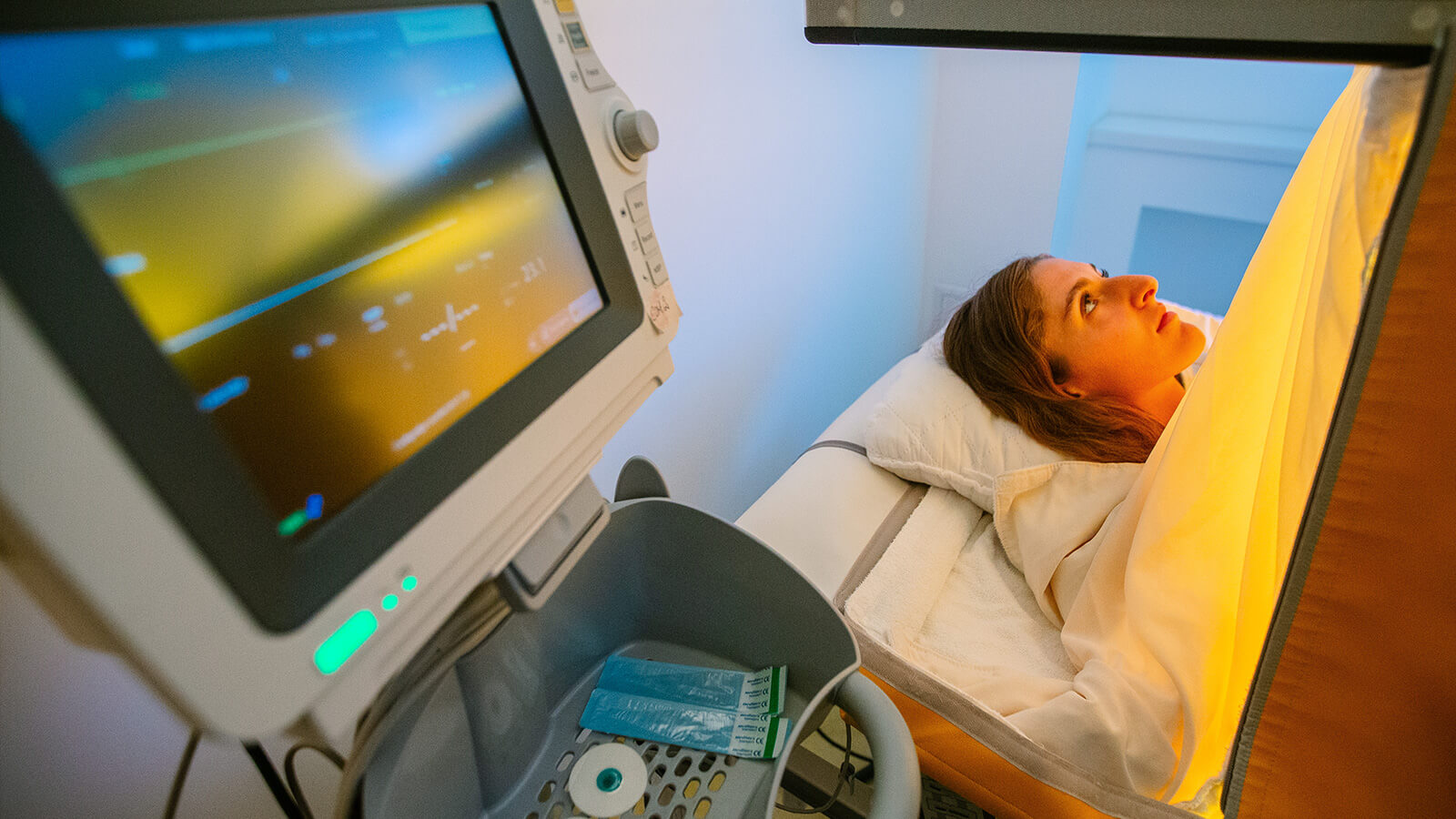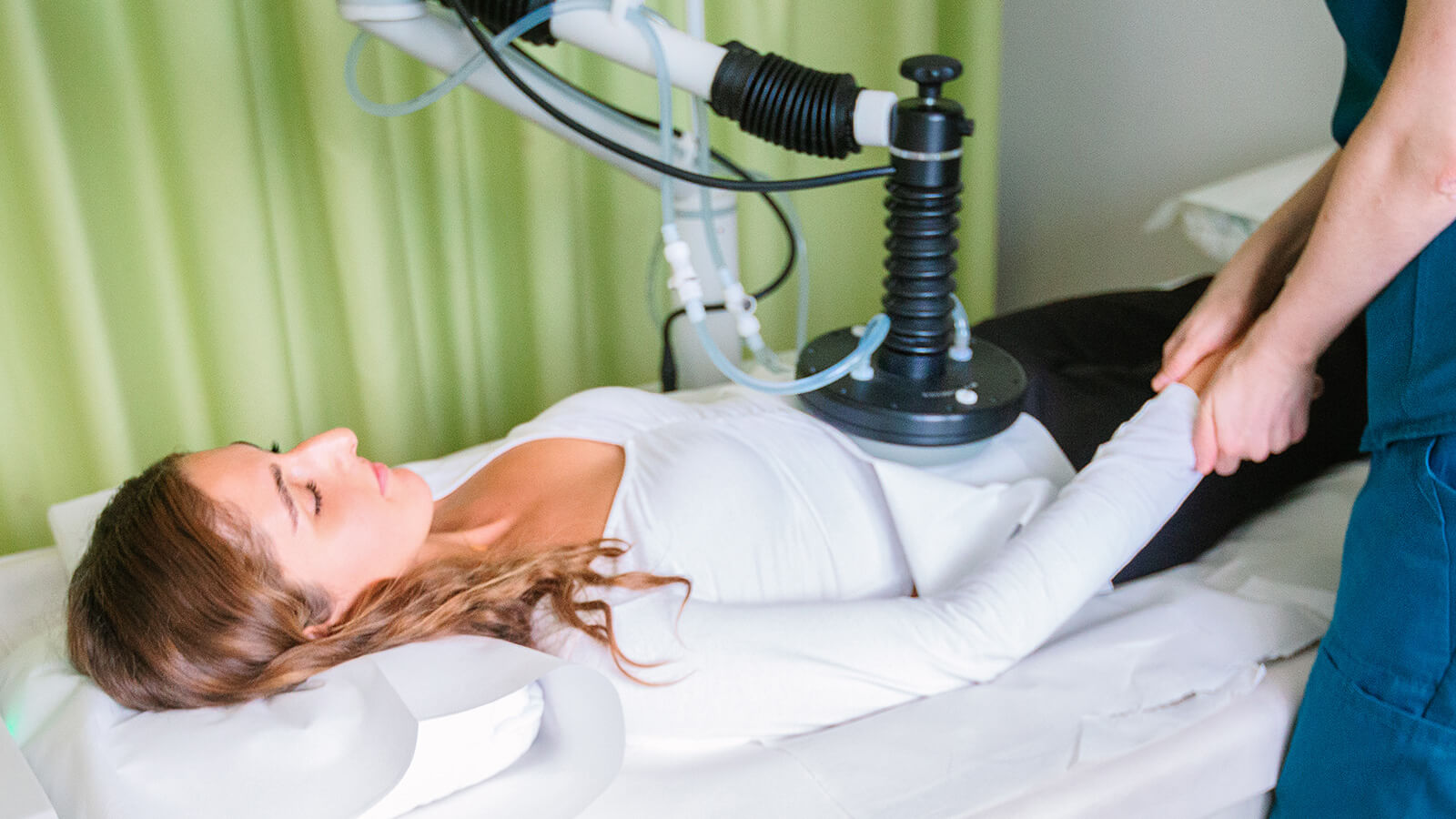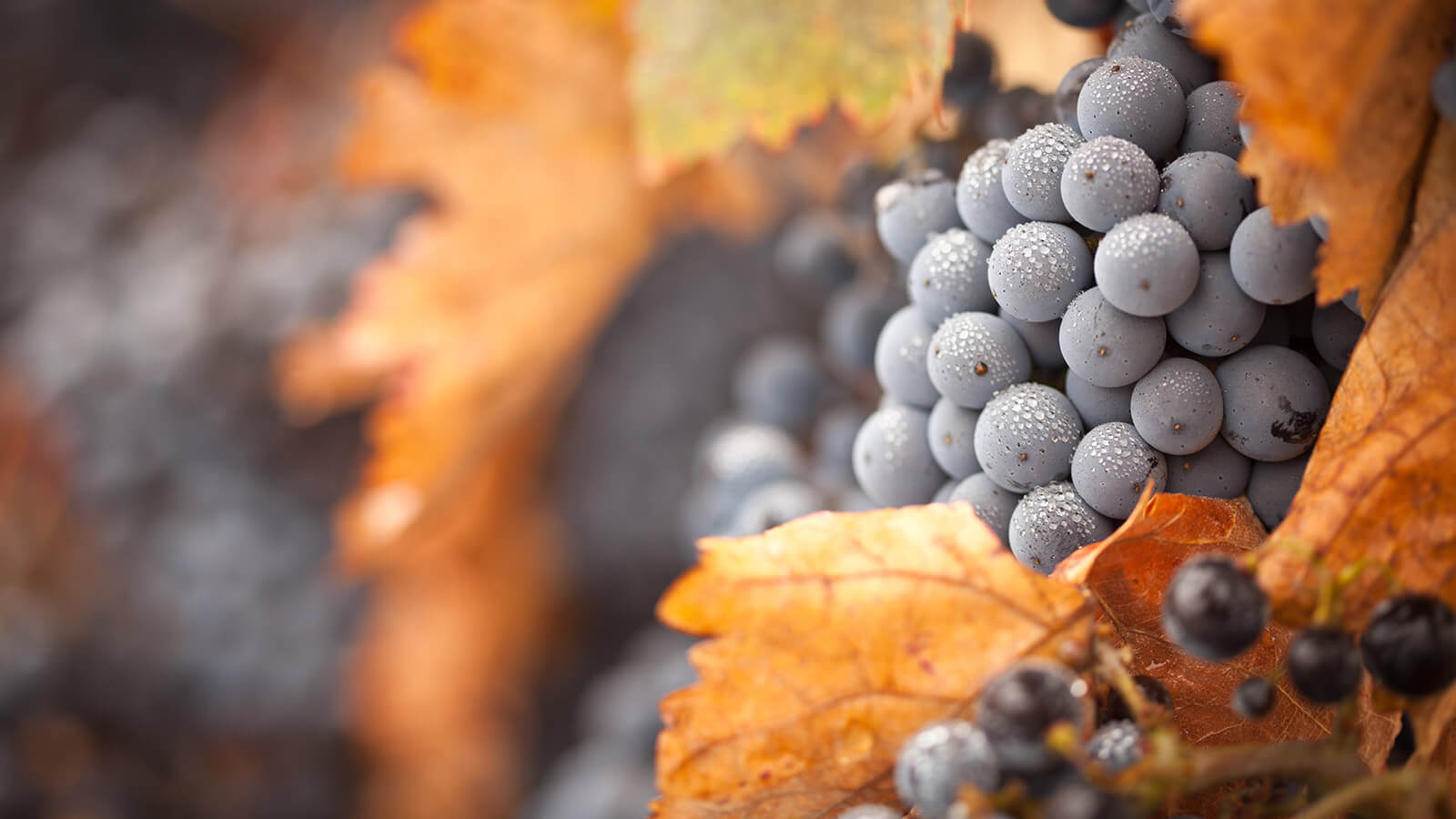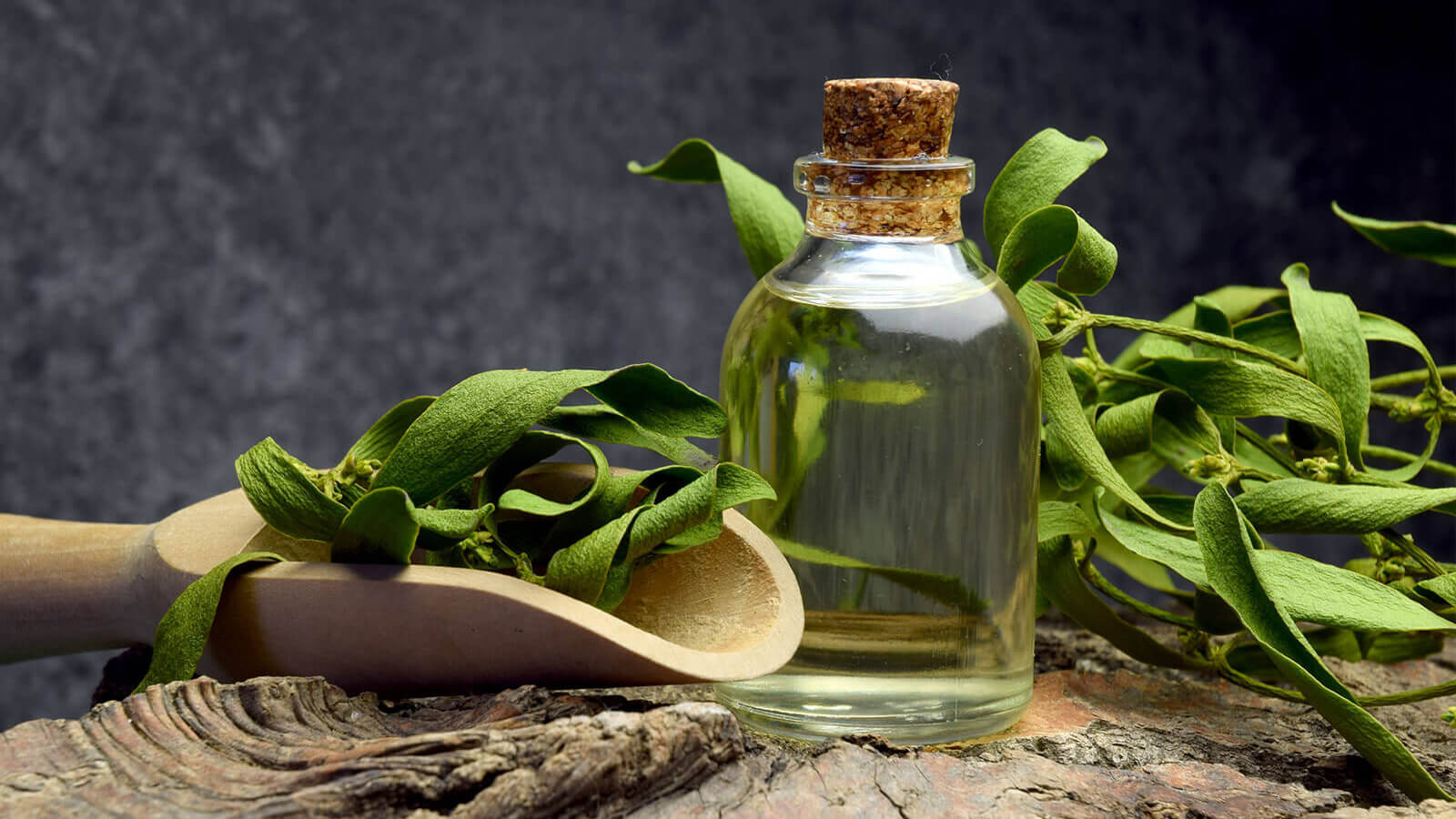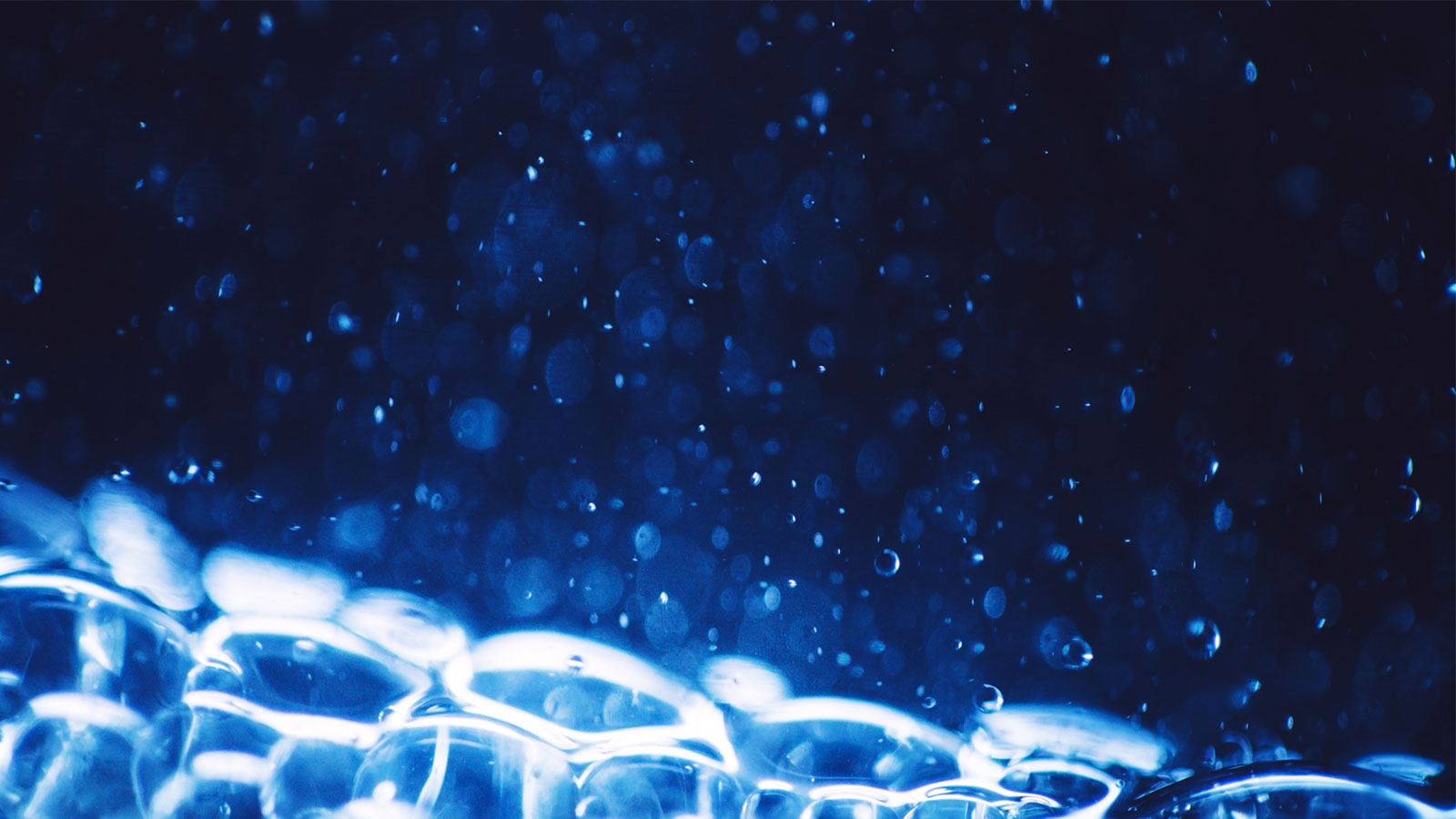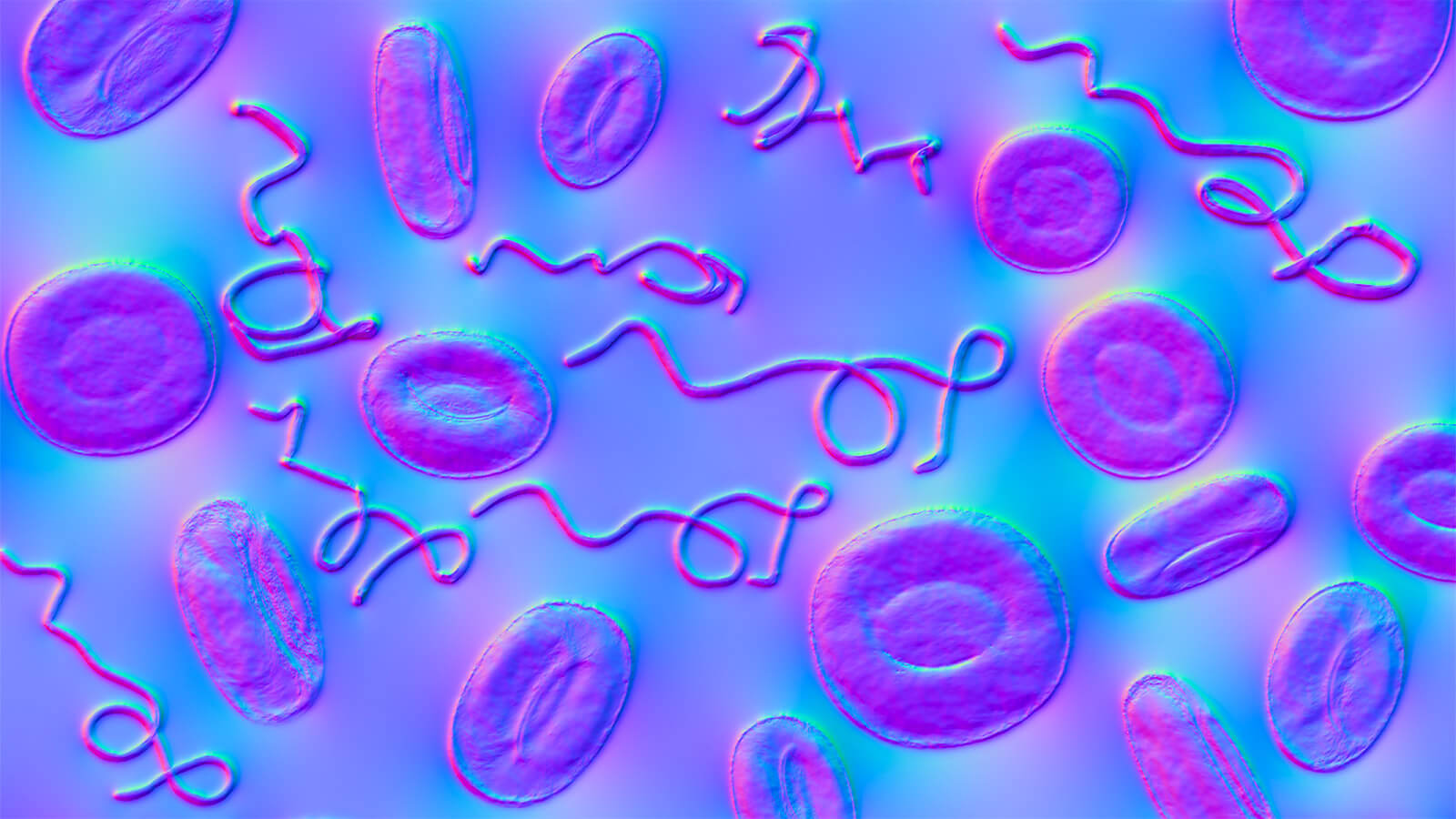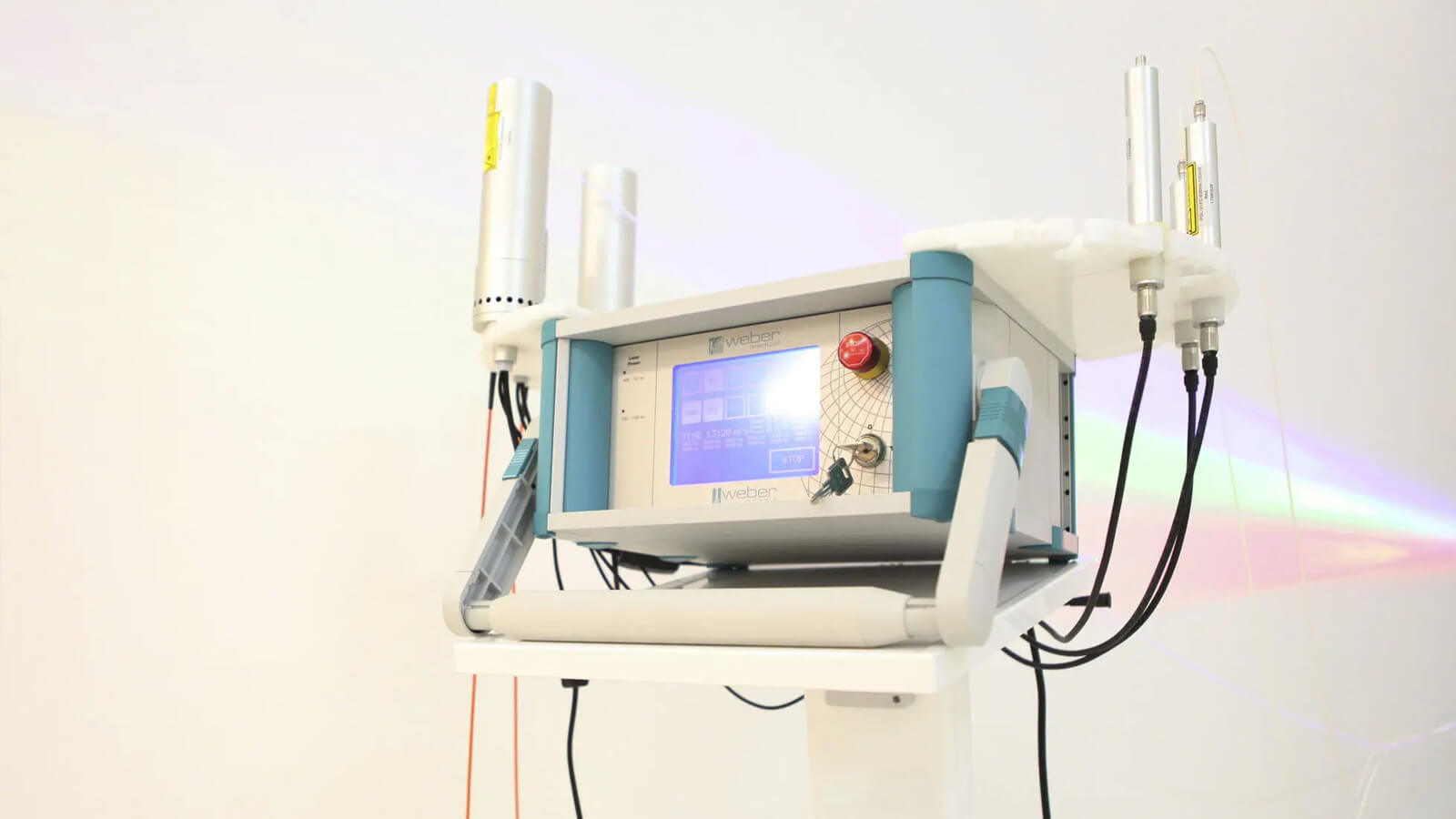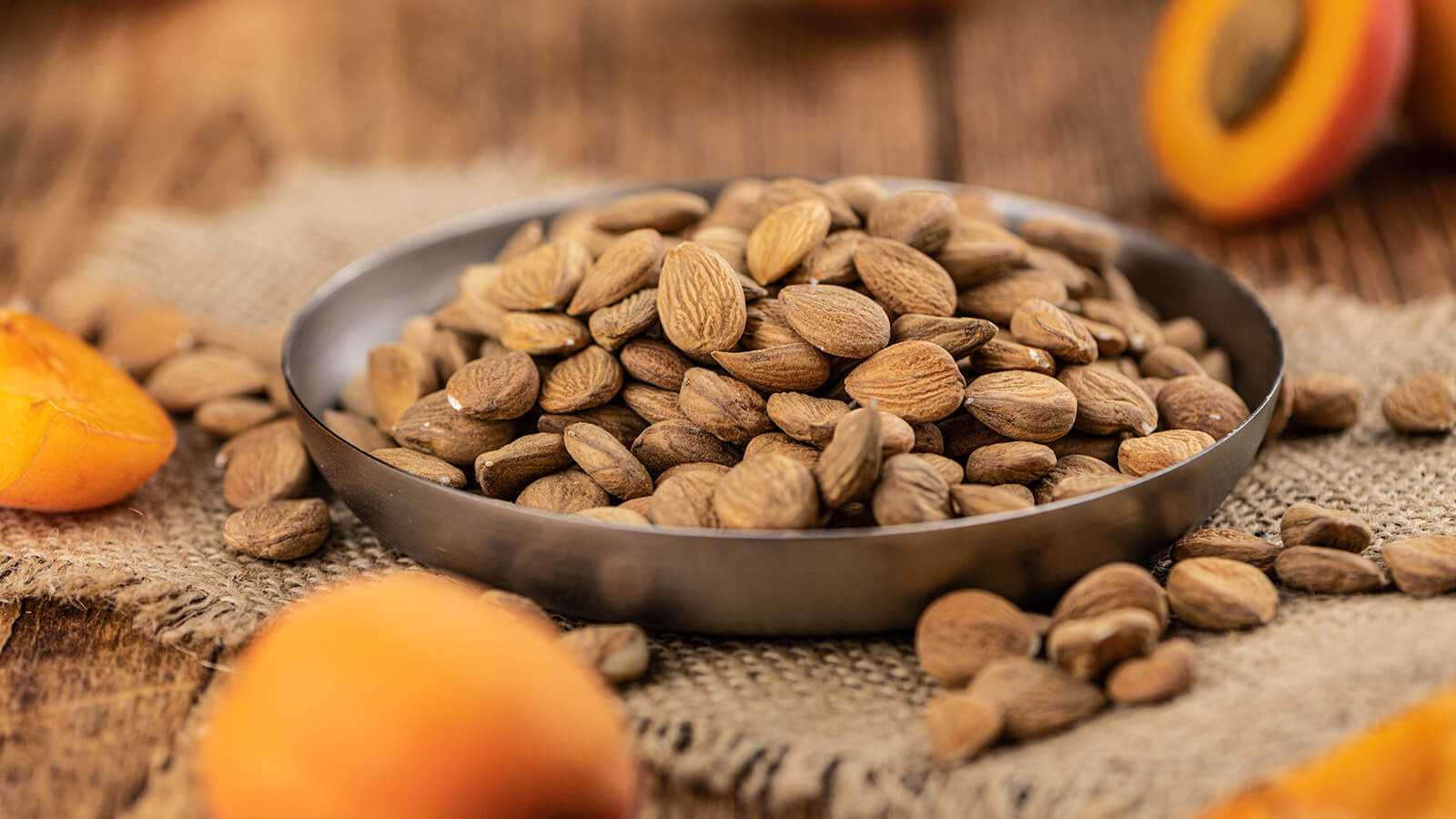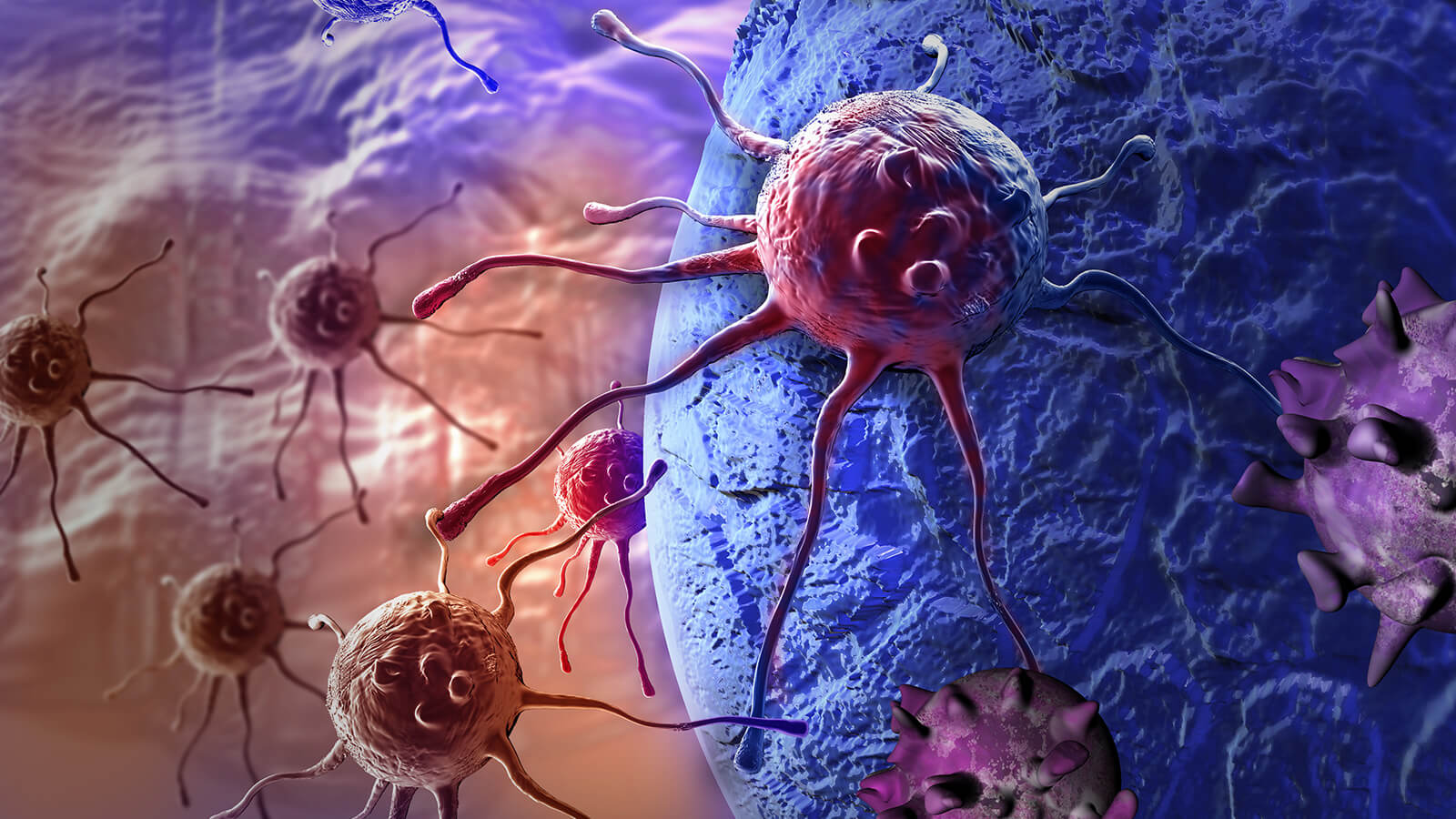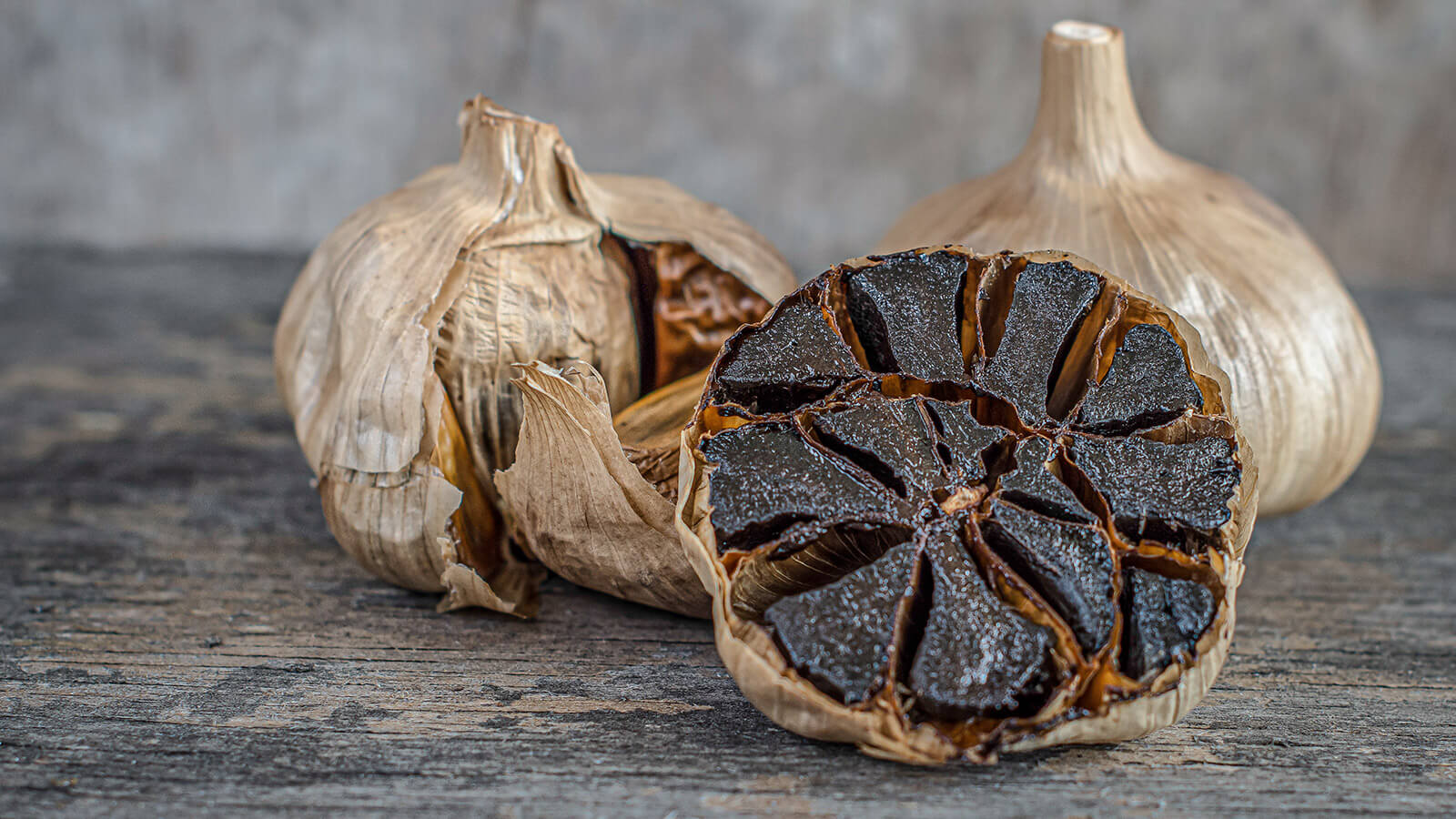
Flavonoid phenols
Since angiogenesis plays a critical role in tumor growth and metastasis, we pay special attention to antiangiogenic therapies. In addition to conventional antiangiogenic therapies based on drugs like Bevacizumab, several natural compounds, including EGCG and polyphenols, have been found to have a strong antiangiogenic effect.
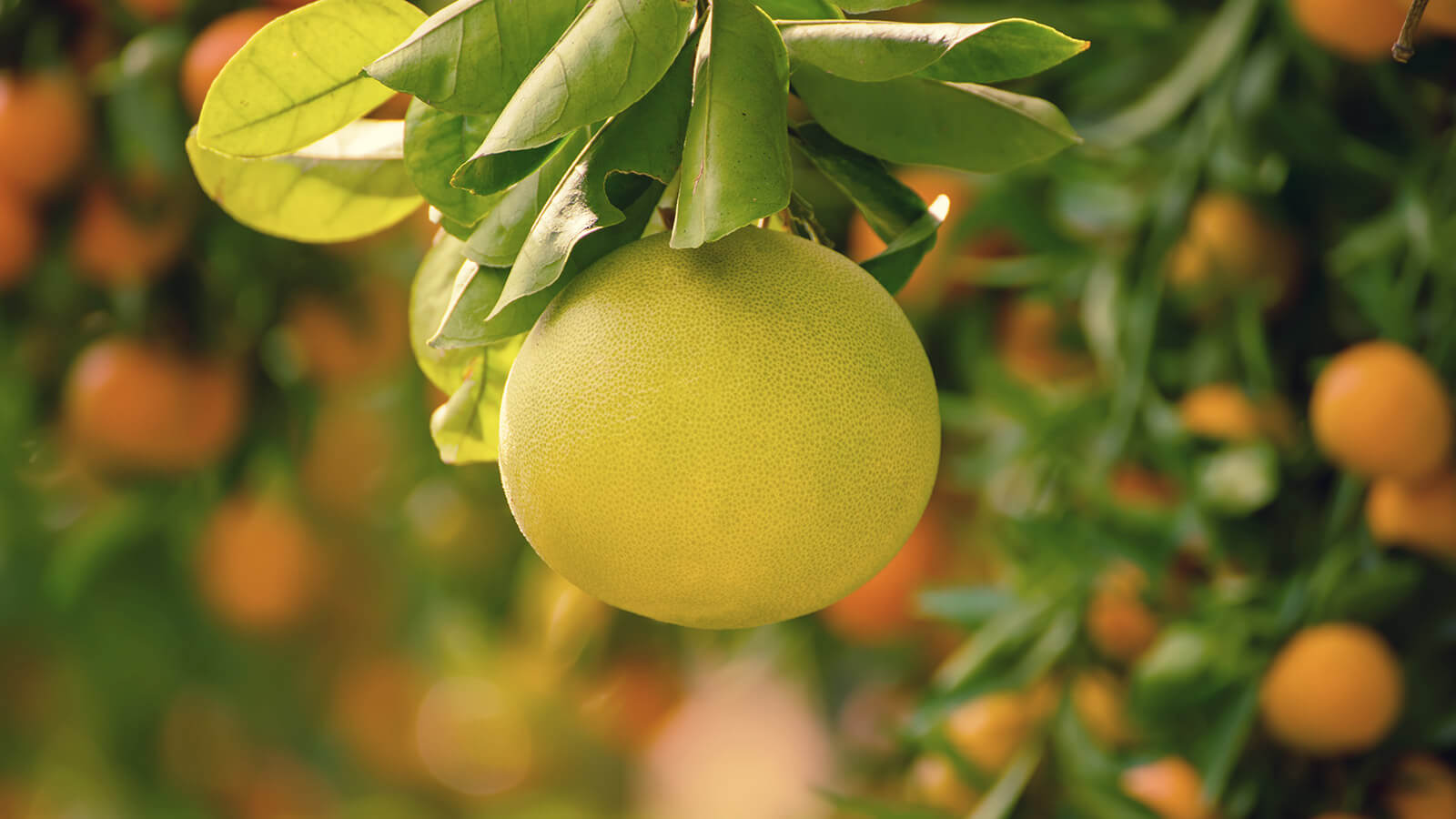
Apigenin
It is a flavone found in a variety of fruits and vegetables, including oranges, parsley, and onions, as well as tea. Although its cancer-preventing benefits are recognized 1, it does not have adequate bioavailability, like most polyphenols, to be able to have a strong effect when ingested organically in vegetables and fruits.
However, Apigenin's anticancer activity is quite potent at pharmaceutical levels, where it has been shown to have anti-proliferative, apoptotic, and cancer-cell invasion and metastasis inhibitory effects in the case of some cancers, including colon cancer 2, prostate cancer 3, breast cancer 4, cervical cancer 5, melanoma 6, etc.
In the case of anti-angiogenesis, like resveratrol, the Apigenin negatively regulates hypoxia-inducible factor-1 (HIF-1) in lung, prostate and pancreatic cancer cell lines 7. Apigenin, like curcumin, inhibits angiogenesis in lung and breast cancer by lowering VEGF expression 8. Apigenin's other anti-angiogenic mechanisms target the signalling pathways of proinflammatory transcription factors NF-κB and COX-2 9. Apigenin also suppresses the phosphorylation of VEGFR-2 10.
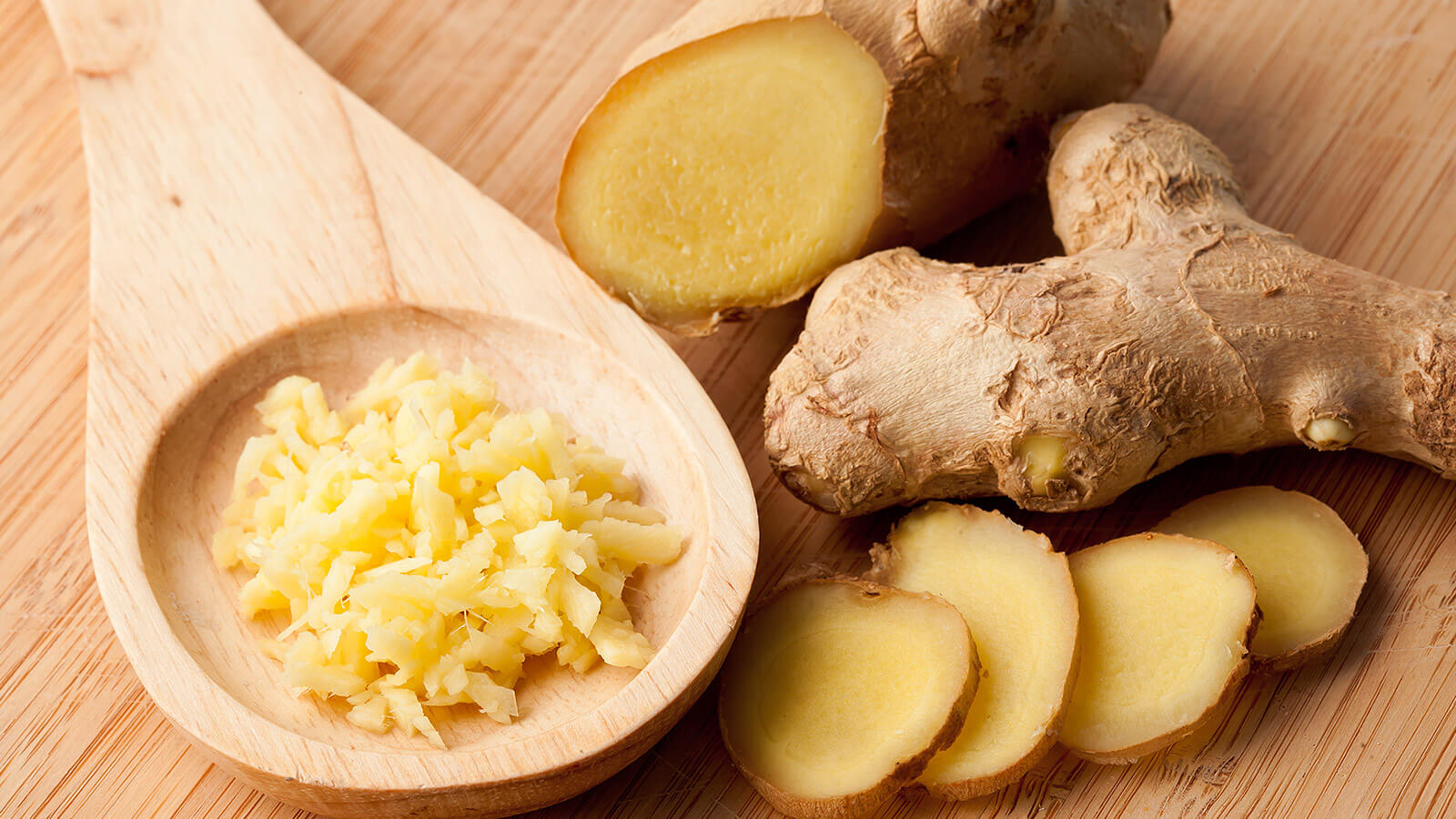
Genistein
In cancer prevention, this isoflavone reduces the risk of occurrence of both hormone-dependent and hormone-independent cancers, including prostate cancer, breast cancer, gastric cancer, colon cancer, non-small cell lung cancer and leukaemia 11.
The antitumor effects of genistein are largely due to its anti-angiogenic action. This soy isoflavone inhibits endothelial cell proliferation, as well as tube migration and formation 12.
Genistein's suppressive effects on MMP-2, as well as those it shares with resveratrol on the hypoxia-inducible factor HIF-1 and the vascular endothelial growth factor VEGF, are thought to be responsible for its anti-angiogenic properties 13. Genistein also blocks angiogenesis by inhibiting the activity of protein tyrosine kinase and the activation of mitogen-activated protein kinase (MAPK) 14.
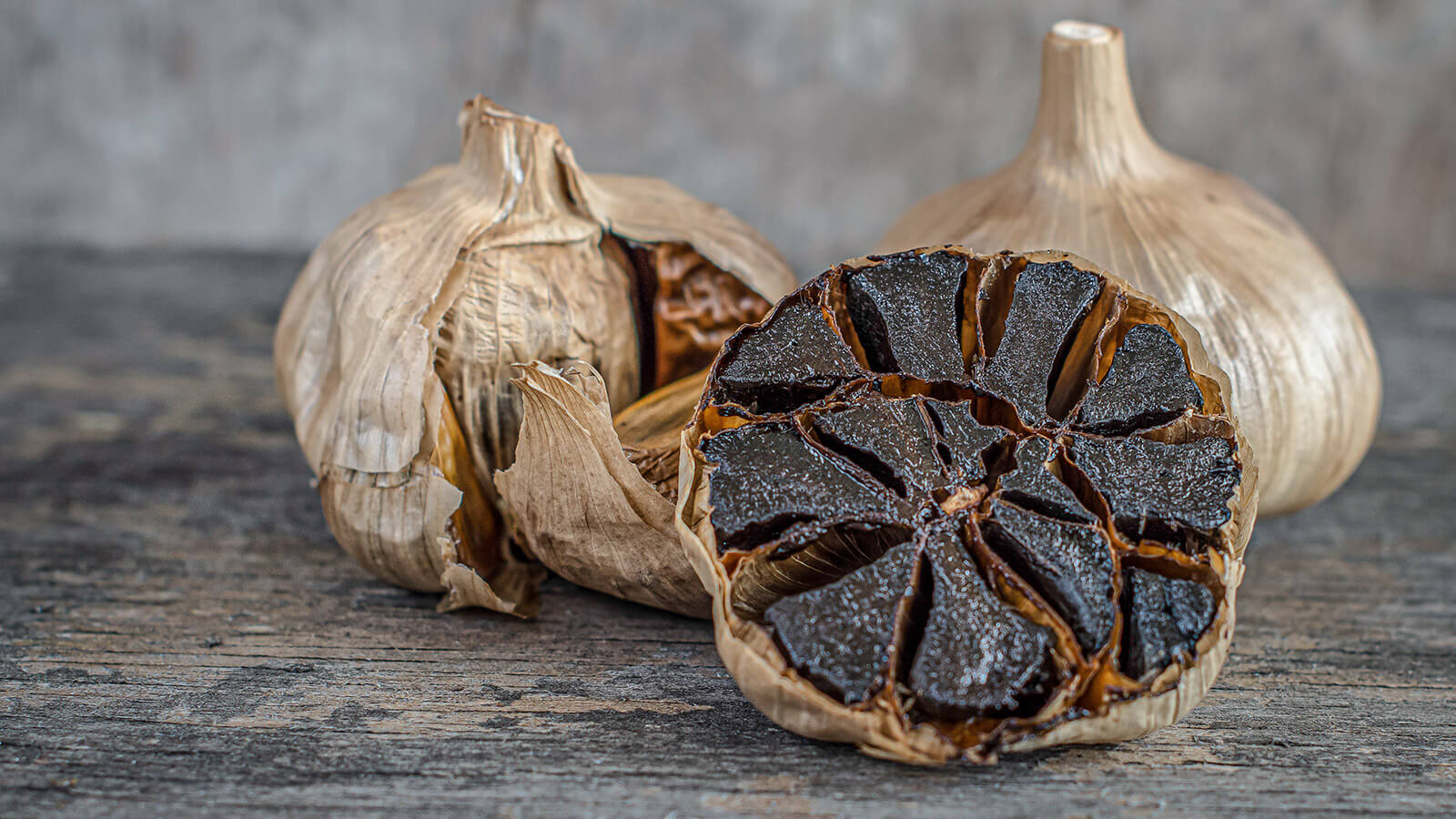
Quercetin
The powerful antioxidant and anti-inflammatory effects of quercetin make it a champion in cancer prevention 15, including colon cancer, prostate cancer, lung cancer, breast cancer, leukaemia 16, etc. At higher doses, however, quercetin proves to be an unbeatable enemy of cancer. Quercetin's anticancer properties include inhibiting cancer cell invasion, progression, and metastasis, as well as having a strong anti-angiogenic effect 17.
Quercetin affects cell proliferation, migration potential, tube formation capacity, and matrix metalloproteinase (MMP)-2 expression in endothelial cells 18. Quercetin's anti-angiogenic activity is also mediated through the blockage of multiple signalling pathways, ranging from COX-2 inhibition in breast cancer 19 to PI3K/Akt, MAPK/ERK, and NF-κB translocation in glioblastoma 20 and other malignancies.
Like curcumin, in prostate cancer, quercetin negatively regulates endothelial growth factor receptor 2 (VEGFR-2) expression, mediated by the Akt/mTOR/P70S6K pathway 21 and by the positive regulation of the anti-angiogenic factor thrombospondin-1 22. In addition, quercetin directly inhibits VEGF expression in breast cancer 23.
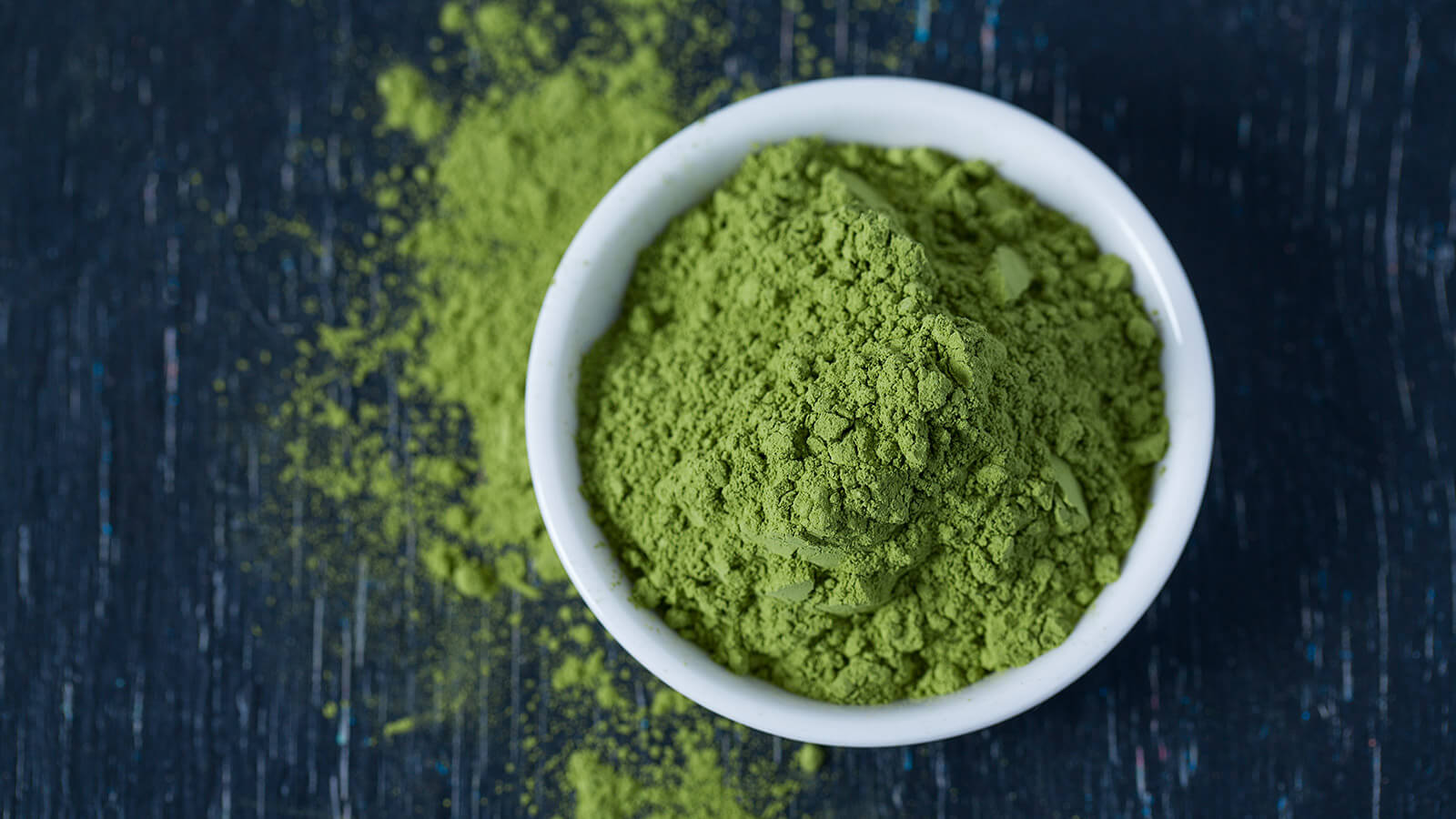
EGCG
(epigallocatechin-3-gallate)
Regular consumption of green tea is one of the best known ways to prevent several types of cancer 24. The compound that plays the most important role in cancer prevention, however, is epigallocatechin-3-gallate, abbreviated EGCG.
This green tea extract has been shown to be beneficial in suppressing tumor growth, invasion, metastasis, and apoptosis in several malignancies. These include pancreatic cancer 25, prostate cancer, colon cancer 26, breast cancer 27, cervical cancer 28, etc. No less important, however, is the anti-angiogenic effect of EGCG, perhaps one of the most effective polyphenols in combating tumour angiogenesis.
To begin with, EGCG suppresses the expression of HIF-1, the nuclear transcription factor NFB, and the vascular endothelial growth factor VEGF 29. Following that, studies show an inhibition of the dimerization of VEGF receptors, which play an essential role in angiogenesis 30. Additionally, EGCG negatively regulates the PI3K/Akt signalling pathway, which deactivates the metalloproteinase MMP-9 and the pro-inflammatory factor NF-κB 31. Epigallocatechin-3-gallate suppresses liver metastasis in colorectal cancer by inhibiting the AKT signalling pathway and the expression of the endothelial growth factor receptor 2 VEGFR-2 32.
Bibliography
2. Dai, Jin, et al. "Downregulation of NEDD9 by apigenin suppresses migration, invasion, and metastasis of colorectal cancer cells." Toxicology and applied pharmacology 311 (2016): 106-112.
4. Lee, Wei-Jiunn, et al. "Apigenin inhibits HGF-promoted invasive growth and metastasis involving blocking PI3K/Akt pathway and β4 integrin function in MDA-MB-231 breast cancer cells." Toxicology and applied pharmacology 226.2 (2008): 178-191; Lee, Hwan Hee, et al. "Antitumor and anti-invasive effect of apigenin on human breast carcinoma through suppression of IL-6 expression." International journal of molecular sciences 20.13 (2019): 3143.
2. Dai, Jin, et al. "Downregulation of NEDD9 by apigenin suppresses migration, invasion, and metastasis of colorectal cancer cells." Toxicology and applied pharmacology 311 (2016): 106-112.
3. Zhu, Yi, et al. "Apigenin inhibits migration and invasion via modulation of epithelial mesenchymal transition in prostate cancer." Molecular Medicine Reports 11.2 (2015): 1004-1008.
4. Lee, Wei-Jiunn, et al. "Apigenin inhibits HGF-promoted invasive growth and metastasis involving blocking PI3K/Akt pathway and β4 integrin function in MDA-MB-231 breast cancer cells." Toxicology and applied pharmacology 226.2 (2008): 178-191; Lee, Hwan Hee, et al. "Antitumor and anti-invasive effect of apigenin on human breast carcinoma through suppression of IL-6 expression." International journal of molecular sciences 20.13 (2019): 3143.
5. Zhao, Xia, et al. "Apigenin suppresses proliferation, invasion, and epithelial–mesenchymal transition of cervical carcinoma cells by regulation of miR‐152/BRD4 axis." The Kaohsiung Journal of Medical Sciences 37.7 (2021): 583-593.
6. Zhao, Guangming, et al. "Apigenin inhibits proliferation and invasion, and induces apoptosis and cell cycle arrest in human melanoma cells." Oncology Reports 37.4 (2017): 2277-2285.
7. Osada, Mayuko, Susumu Imaoka, and Yoshihiko Funae. "Apigenin suppresses the expression of VEGF, an important factor for angiogenesis, in endothelial cells via degradation of HIF-1α protein." FEBS letters 575.1-3 (2004): 59-63; Melstrom, Laleh G., et al. "Apigenin down-regulates the hypoxia response genes: HIF-1α, GLUT-1, and VEGF in human pancreatic cancer cells." Journal of Surgical Research 167.2 (2011): 173-181.
8. Liu, Ling-Zhi, et al. "Apigenin inhibits expression of vascular endothelial growth factor and angiogenesis in human lung cancer cells: implication of chemoprevention of lung cancer." Molecular pharmacology 68.3 (2005): 635-643; Madkor, Hafez R., Sherif W. Mansour, and Mueen A. Khalil. "Antiangiogenic activities of cinnamon, black and green tea extracts on experimentally induced breast cancer in rats." Asian J Biochem 7.4 (2012): 206-17.
9. Silvan, Simon, and Shanmugam Manoharan. "Apigenin prevents deregulation in the expression pattern of cell-proliferative, apoptotic, inflammatory and angiogenic markers during 7, 12-dimethylbenz [a] anthracene-induced hamster buccal pouch carcinogenesis." Archives of oral biology 58.1 (2013): 94-101; Wu, Ding-Guo, et al. "Apigenin potentiates the growth inhibitory effects by IKK-β-mediated NF-κB activation in pancreatic cancer cells." Toxicology letters 224.1 (2014): 157-164; Ai, Xiao-Yu, et al. "Apigenin inhibits colonic inflammation and tumorigenesis by suppressing STAT3-NF-κB signaling." Oncotarget 8.59 (2017): 100216.
10. Guimarães, Rafaela, et al. "Wild Roman chamomile extracts and phenolic compounds: enzymatic assays and molecular modelling studies with VEGFR-2 tyrosine kinase." Food & function 7.1 (2016): 79-83.
11. Lee, Jung-Yun, Hee Seung Kim, and Yong-Sang Song. "Genistein as a potential anticancer agent against ovarian cancer." Journal of Traditional and Complementary Medicine 2.2 (2012): 96-104.
12. Su, Shu-Jem, et al. "The novel targets for anti-angiogenesis of genistein on human cancer cells." Biochemical pharmacology 69.2 (2005): 307-318.
13. Büchler, Peter, et al. "Antiangiogenic activity of genistein in pancreatic carcinoma cells is mediated by the inhibition of hypoxia‐inducible factor‐1 and the down‐regulation of VEGF gene expression." Cancer: Interdisciplinary International Journal of the American Cancer Society 100.1 (2004): 201-210.
15. Gibellini, Lara, et al. "Quercetin and cancer chemoprevention." Evidence-based complementary and alternative medicine 2011 (2011).
16. Murakami, Akira, Hitoshi Ashida, and Junji Terao. "Multitargeted cancer prevention by quercetin." Cancer letters 269.2 (2008): 315-325. 17. Tang, Si-Min, et al. "Pharmacological basis and new insights of quercetin action in respect to its anti-cancer effects." Biomedicine & Pharmacotherapy 121 (2020): 109604.
18. Tan, Wen-fu, et al. "Quercetin, a dietary-derived flavonoid, possesses antiangiogenic potential." European Journal of Pharmacology 459.2-3 (2003): 255-262.
19. Xiao, Xiangsheng, et al. "Quercetin suppresses cyclooxygenase-2 expression and angiogenesis through inactivation of P300 signaling." PloS one 6.8 (2011): e22934.
20. Pan, Hong-Chao, et al. "Quercetin promotes cell apoptosis and inhibits the expression of MMP-9 and fibronectin via the AKT and ERK signalling pathways in human glioma cells." Neurochemistry international 80 (2015): 60-71; Kiekow, Cíntia J., et al. "Quercetin derivative induces cell death in glioma cells by modulating NF-κB nuclear translocation and caspase-3 activation." European Journal of Pharmaceutical Sciences 84 (2016): 116-122.
21. Pratheeshkumar, Poyil, et al. "Quercetin inhibits angiogenesis mediated human prostate tumor growth by targeting VEGFR-2 regulated AKT/mTOR/P70S6K signaling pathways." (2012): e47516; Sun S, Gong F, Liu P, Miao Q (2018a) Metformin combined with quercetin synergistically repressed prostate cancer cells via inhibition of VEGF/PI3K/Akt signaling pathway. Gene 664:50–57.
22. Yang, Feiya, et al. "Quercetin inhibits angiogenesis through thrombospondin-1 upregulation to antagonize human prostate cancer PC-3 cell growth in vitro and in vivo." Oncology Reports 35.3 (2016): 1602-1610.
23. Zhao X, Wang Q, Yang S (2016) Quercetin inhibits angiogenesis by targeting calcineurin in the xenograft model of human breast cancer. Eur J Pharmacol 781:60–68.
24. Yuan, Jian-Min. "Cancer prevention by green tea: evidence from epidemiologic studies." The American journal of clinical nutrition 98.6 (2013): 1676S-1681S.
25. Siddiqui, Imtiaz A., et al. "Green tea polyphenol EGCG blunts androgen receptor function in prostate cancer." The FASEB Journal 25.4 (2011): 1198-1207.
26. Hwang, Jin-Taek, et al. "Apoptotic effect of EGCG in HT-29 colon cancer cells via AMPK signal pathway." Cancer letters 247.1 (2007): 115-121.
27. Romano, Adriana, and Fátima Martel. "The Role of EGCG in Breast Cancer Prevention and Therapy." Mini Reviews in Medicinal Chemistry 21.7 (2021): 883-898.
28. Wang, Ying-Qi, et al. "Suppressive effects of EGCG on cervical cancer." Molecules 23.9 (2018): 2334.
29. Gu, Jian-Wei, et al. "EGCG, a major green tea catechin suppresses breast tumor angiogenesis and growth via inhibiting the activation of HIF-1α and NFκB, and VEGF expression." Vascular cell 5.1 (2013): 1-10.
30. Rodriguez, Shaun K., et al. "Green tea catechin, epigallocatechin‐3‐gallate, inhibits vascular endothelial growth factor angiogenic signaling by disrupting the formation of a receptor complex." International Journal of Cancer 118.7 (2006): 1635-1644.
31. Qin, Jie, et al. "Epigallocatechin-3-gallate inhibits bladder cancer cell invasion via suppression of NF-κB mediated matrix metalloproteinase-9 expression." Molecular Medicine Reports 6.5 (2012): 1040-1044.
32. Maruyama, Takehito, et al. "(-)-Epigallocatechin-3-gallate suppresses liver metastasis of human colorectal cancer." Oncology reports 31.2 (2014): 625-633
The therapeutic solutions we provide
Comprise a wide range of conventional, adjuvant and supportive therapies, which integrate medical concepts that have been built on a sturdy scientific basis and on the clinical experience of numerous cancer specialists worldwide.
ImunoMedica patients have access to the latest diagnostic tools, technologies and innovations as well as to the latest and best treatments available, as soon as these are proven to be safe and effective.
How can you become a patient of our clinic?
Throughout the whole process, from your initial contact, through treatment and after you leave our clinic, our patient coordinators will guide you through the steps and support you with all their expertise, attention and kindness.
*
We are here to help you
Our patient coordinator will contact you soon
Phone: +40.771.518.946, e-mail: office@imuno-medica.ro

